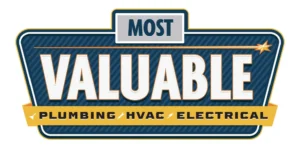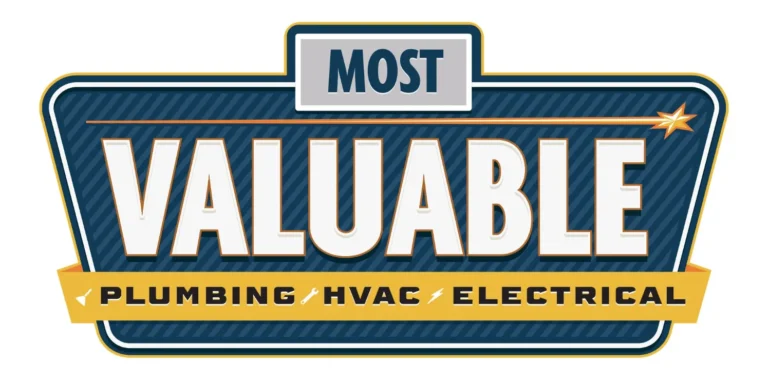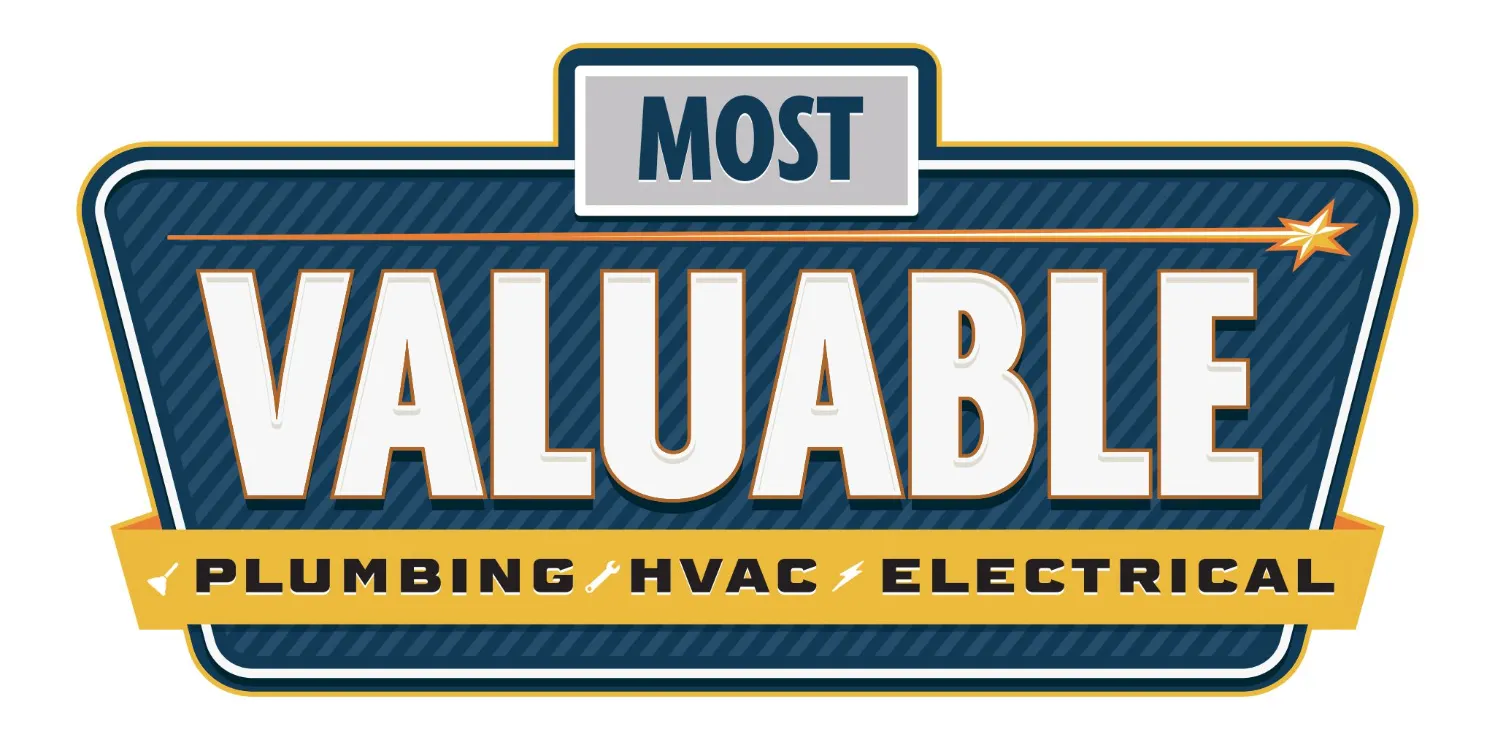Emergencies can strike at the most inconvenient times, and when it comes to plumbing disasters, a quick and well-informed response can mean the difference between a minor inconvenience and a major catastrophe. From burst pipes to overflowing toilets, plumbing issues can be stressful, messy, and potentially damaging to your home. In this guide, we’ll walk you through essential steps to take before the plumber arrives during a plumbing emergency. Being prepared can help minimize damage, ensure your safety, and expedite the repair process.
Assess the Situation
Understanding the Plumbing Emergency
The first step in dealing with a plumbing emergency is to assess the situation. Not all plumbing problems require the same level of urgency, so it’s crucial to understand the nature and severity of the issue. Here are some common plumbing disasters and how to identify them:
Burst Pipes – A burst pipe can cause significant water damage in a short amount of time. Signs include a sudden gush of water, damp walls or ceilings, and a loss of water pressure.
Clogged Drains – While not as urgent as a burst pipe, a severely clogged drain can lead to backups and overflows. If multiple drains in your home are slow or not draining at all, you may have a clog in your main sewer line.
Leaking Fixtures – Leaky faucets, toilets, or water heaters can waste water and cause damage over time. If you notice a constant drip or pooling water, it’s important to address the issue promptly.
Overflowing Toilet – An overflowing toilet can be a messy and unsanitary problem. If your toilet is overflowing, locate the shut-off valve near the base and turn it off to stop the flow of water.
Turn Off the Water Supply
Stopping the Flow of Water – In many plumbing emergencies, the first and most crucial step is to turn off the water supply to the affected area or the entire house. This will help prevent further water damage while you await the plumber’s arrival. Here’s how to do it:
Locate the Shut-Off Valve – Know the location of the main shut-off valve for your home’s water supply. It’s typically located near the water meter, in the basement, garage, or outside the house.
Turn Off the Valve – Using a wrench or your hand, turn the valve clockwise (right) to shut off the water supply. If you’re dealing with a localized issue, like a burst pipe under the sink, there may be individual shut-off valves for specific fixtures.
Use these if available.
Turn Off the Water Supply
Minimizing Damage and Cleanup
Once you’ve turned off the water supply, take steps to contain the situation and minimize damage:
Use Towels or Rags – Use towels, rags, or absorbent materials to soak up standing water. This can prevent water from spreading to other areas of your home.
Bucket Brigade – If water is still leaking or dripping, place buckets or containers under the source to collect water. Empty the buckets regularly to prevent overflow.Open Windows and Doors – If the plumbing emergency has caused water damage or if there’s a risk of mold growth, open windows and doors to improve ventilation and help dry out the affected area.
Document the damage
Essential for Insurance and Sewer Repair Claims
When plumbing issues strike, documenting the damage might not be your first thought, but it’s vital. Snap pictures or take videos of the mess before you dive into the cleanup or repair, especially if you’re dealing with sewer complications. This visual backup is crucial when you’re navigating the insurance or sewer repair claim process.In the midst of a plumbing disaster, it’s easy to forget about documentation, but it’s crucial for insurance purposes. Take photos or videos of the damage before you begin cleanup or repairs. This visual evidence can be invaluable when filing an insurance claim.
What Not to Do
Avoiding common mistakes
In the panic of a plumbing emergency, it’s essential to avoid certain actions that could exacerbate the situation or pose risks to your safety:
Don’t Use Open Flames: Never use open flames, such as matches or lighters, to try to thaw frozen pipes. This can lead to fires or explosions.
Avoid Overuse of Chemical Drain Cleaners: While chemical drain cleaners can be useful for minor clogs, avoid using them excessively. They can damage pipes and fixtures if used incorrectly.
Don’t Attempt Complex Repairs: Unless you have the necessary plumbing skills and tools, avoid attempting complex repairs. You may inadvertently cause more damage.
What Not to Do
While plumbing disasters can be chaotic and stressful, knowing how to respond before the plumber arrives can make a significant difference. By quickly assessing the situation, turning off the water supply, containing the issue, and documenting the damage, you can help minimize the impact of a plumbing emergency on your home and your wallet. Remember to stay calm, prioritize safety, and don’t hesitate to contact a professional plumber for assistance.
For top-notch plumbing solutions, rely on Most Valuable Plumber! Reach us at 855-458-9170 or visit Most Valuable Plumber to schedule your service. Your home deserves the expertise only we can provide!
FAQs
Is it necessary to turn off the water supply to the entire house during a plumbing emergency?
It may be necessary to shut off the water supply to the entire house if you cannot isolate the specific issue. Turning off the water supply prevents further damage and allows you to pinpoint the problem once the plumber arrives.
What should I do if I cannot locate the shut-off valve or it’s difficult to turn?
If you’re unable to locate or operate the shut-off valve, contact a professional plumber immediately. They can assist in shutting off the water and addressing the issue.
Can I use a shop vacuum to remove standing water during a plumbing emergency?
Yes, a wet/dry shop vacuum can be useful for removing standing water. Ensure that it’s rated for use with water and follow safety precautions while using electrical equipment near water.
Should I attempt to unclog a severely blocked drain before the plumber arrives?
For minor clogs, you can attempt to use a plunger or a chemical drain cleaner. However, for severe blockages or if multiple drains are affected, it’s best to wait for a professional plumber to assess the situation. Attempting to resolve complex blockages can lead to further damage.
Call to schedule prompt service with Most Valuable Plumber: (818) 697-8263
Los Angeles County
Orange County
Ventura County


